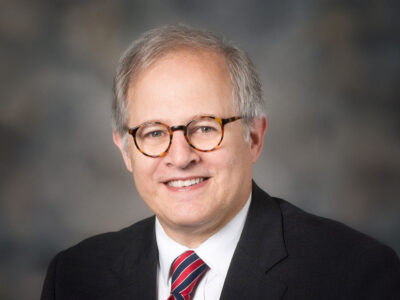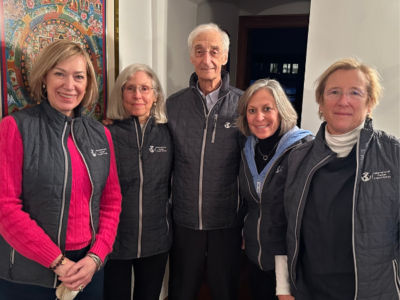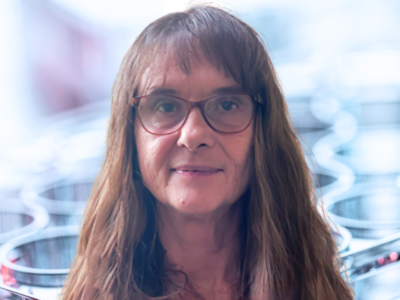Celebrating National Nurses Month means appreciating the vast roles, reach, and applications of nurses throughout the healthcare spectrum.
Teachers who master their craft know this secret: They will not meet some of their pupils.
The healthcare sector’s necessary transition towards electronic health records (EHRs) has transformed patient care and operational efficiency.
If the FDA Oncology Center of Excellence (OCE) began an “innovation challenge” in oncology drug development, what would that look like?
“How often do you receive financial support from parents or other relatives?”
Comprehensive cancer centers seek to reduce the burden of cancer through clinical care, research, education, and community engagement, including a commitment to diversity.
People of African ancestry (Black/African American) have some of the worst cancer incidence and greatest mortality, compared to white and other racial and ethnic populations in the U.S. On average, Black persons are 1.5 times more likely to have cancer and >2X more likely to die from cancer compared to whites. xxx:more
Sporting a leprechaun’s hat and a giant green bowtie, Matthew Huesser, DBA, conference chairperson and vice president for cancer research administration at the Sidney Kimmel Cancer Center at Thomas Jefferson University, welcomed over 400 attendees to Philadelphia for the inaugural meeting of the Association of Cancer Center Administrators.
We had the privilege of working with Norm Coleman in the International Cancer Expert Corps (ICEC), the NGO he founded in 2013 and where he served as the Senior Scientific Advisor (an approved outside activity from his work at the NCI).
The clinical development strategy in oncology during the last decade has been substantially affected in several ways by the advent of immunotherapy, and more recently, cell and gene therapy treatment options. xxx:more















